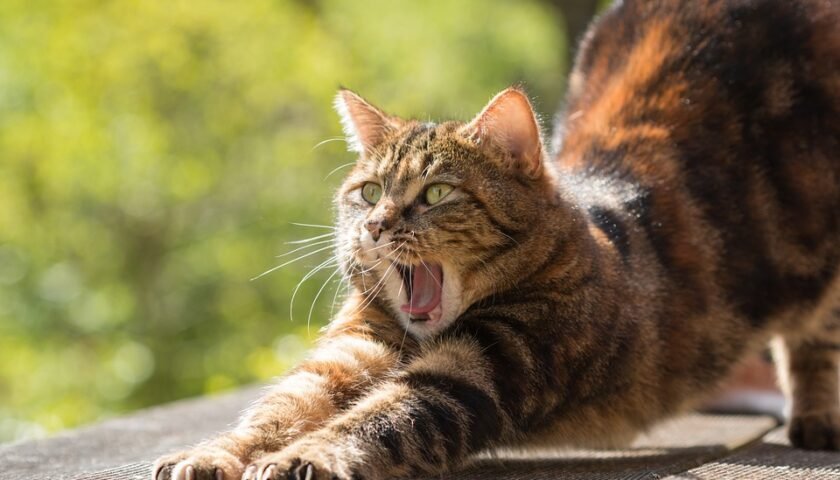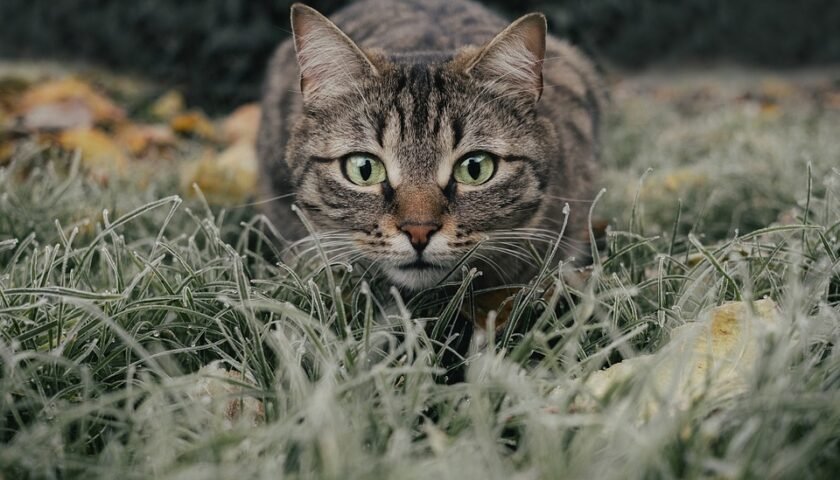[ad_1]
As pet owners, it is natural for us to want to give our furry friends the best care possible. This holds true not just for the early years of their lives, but also as they enter their senior years. Just like humans, pets experience changes as they age, and it becomes crucial to provide them with comfort and support to ensure their well-being and quality of life. This guide will walk you through the senior pet care journey, helping you understand the needs of your aging companion and offering tips to provide them with the care they deserve.
First and foremost, it is essential to recognize the signs of aging in your pet. As they get older, pets may develop health issues such as arthritis, dental problems, loss of hearing or vision, and cognitive decline. It is crucial to monitor any changes in their behavior or routines, as these may be indicators of underlying health concerns. Regular veterinarian check-ups are vital during this stage of their lives, as they can help identify and manage age-related conditions early on.
Diet plays an integral role in supporting your senior pet’s health. As they age, their nutritional needs change, and it is imperative to adjust their diet accordingly. Seniors often require fewer calories to maintain a healthy weight, but their need for specific nutrients, such as antioxidants and omega-3 fatty acids, may increase. Consult your veterinarian to determine the best diet and feeding schedule for your aging pet.
Maintaining physical fitness is just as important for senior pets as it is for younger ones. Regular exercise helps keep their joints mobile and prevents muscle weakening. However, it is crucial to tailor their exercise routine to their abilities. Low-impact activities like short walks, gentle play, and swimming can be beneficial. Be observant and ensure they are not overexerting themselves or experiencing any discomfort.
Providing a comfortable living environment is vital for senior pets. Consider making adjustments to accommodate their changing needs. Provide soft bedding or orthopedic mattresses to support their joints and ease any discomfort. Consider creating ramps or steps to help them access higher places like sofas or beds if they have difficulty jumping. Non-slip mats can also help prevent falls, especially on slippery surfaces.
As they age, pets may experience changes in their cognitive functions. They may show signs of confusion, disorientation, or memory loss. Keeping them mentally stimulated can help slow down cognitive decline. Puzzle toys, interactive games, and even training sessions can help keep their minds active and engaged.
Another crucial aspect of senior pet care is dental hygiene. Dental disease is common in aging pets and can cause pain, infection, and other health issues. Regular teeth brushing, dental treats, and professional cleanings can help maintain their oral health and prevent dental problems.
Lastly, provide your senior pet with plenty of love, attention, and companionship. Spend quality time with them, giving them the emotional support they need. Older pets may develop separation anxiety or loneliness, so try to minimize their time alone. Consider providing them with a comfort blanket or toy, as these can offer a sense of security and familiarity.
The senior pet care journey is a special phase in both your life and your pet’s life. By understanding their changing needs and tailoring their care to those needs, you can ensure they age gracefully and comfortably. Remember, as they have given you years of love and companionship, they deserve nothing less than the best care and support in their senior years.
[ad_2]




